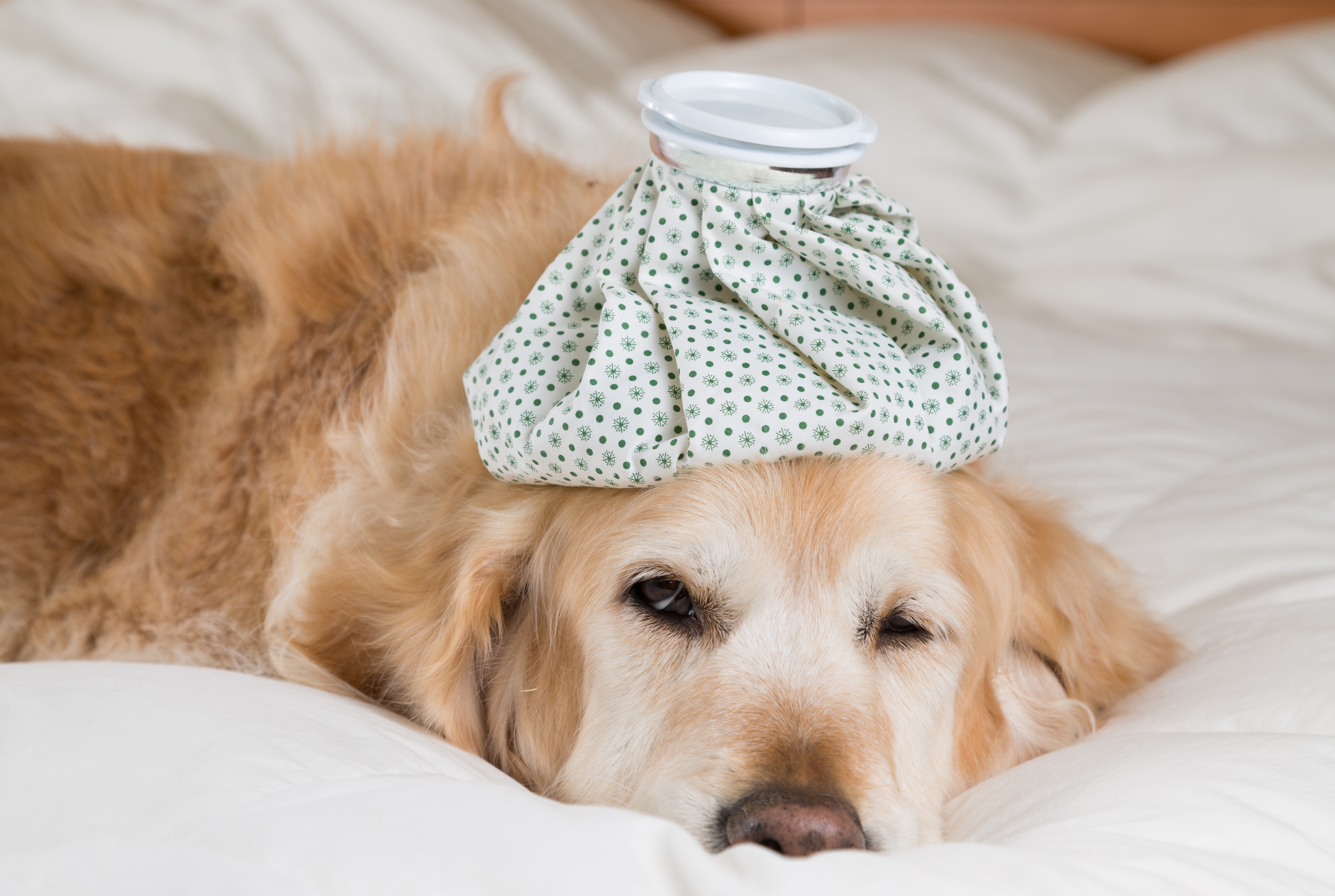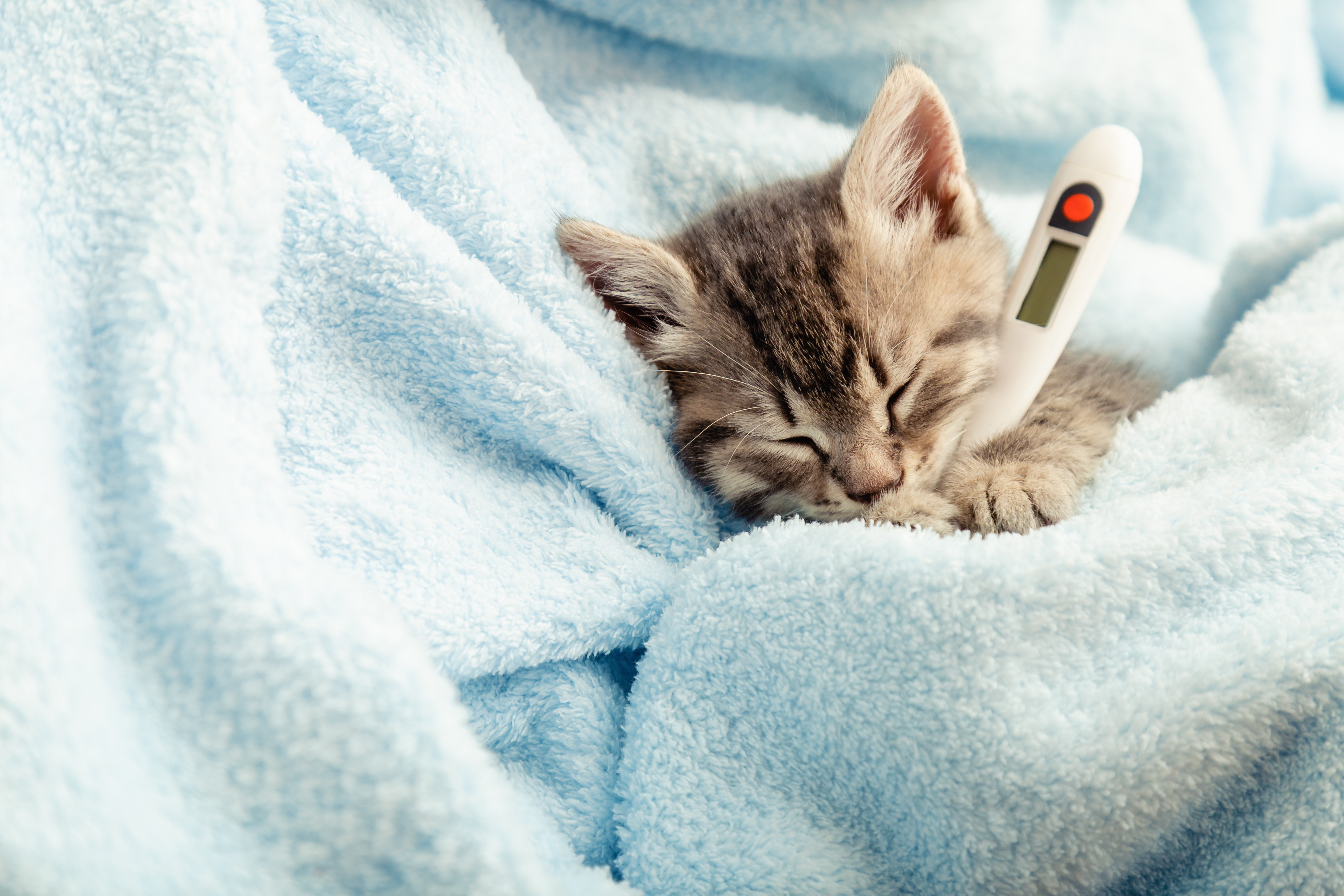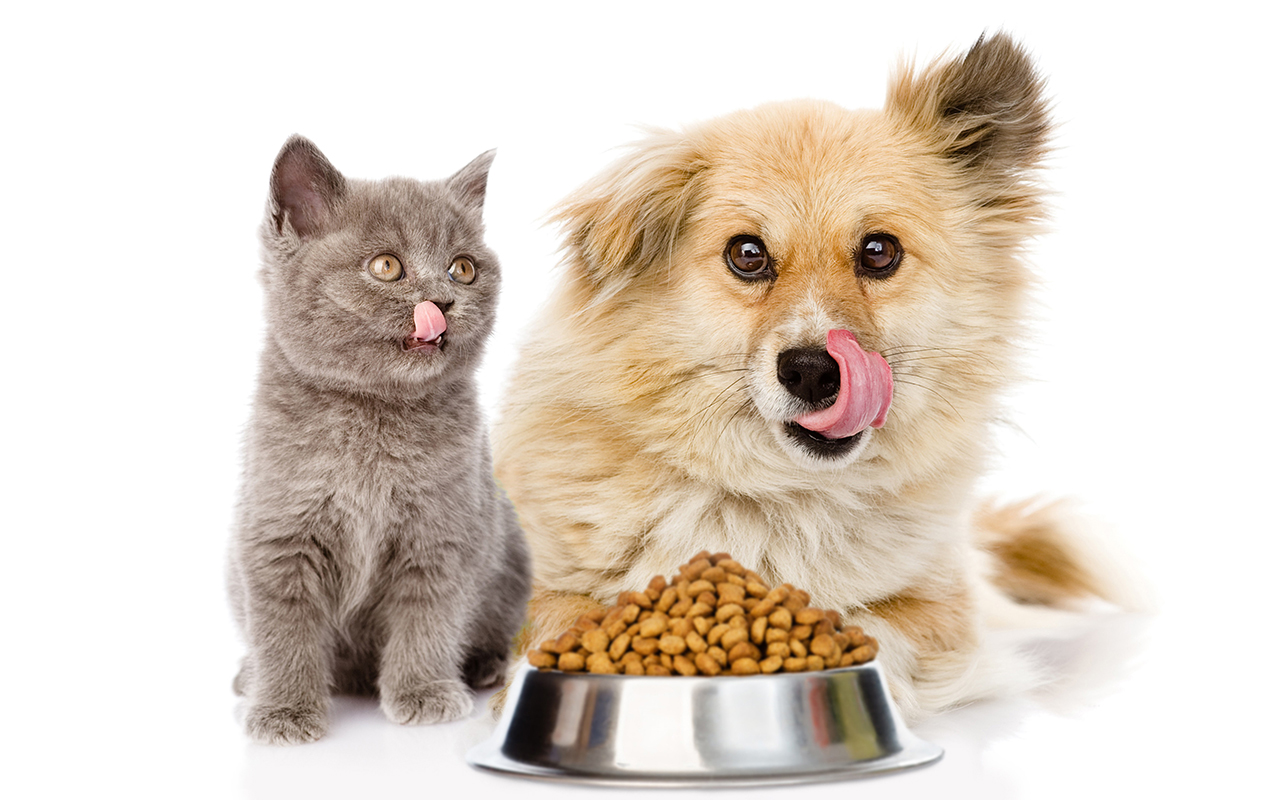
When the seasons change, many people experience symptoms like a runny nose or cough, often indicative of the flu. Surprisingly, our furry friends—cats and dogs—can also catch the flu. Let's learn a bit about how to take care of our pets during flu season and prevent them from catching this illness.

Pet Flu: An Overview
Yes, it's true that both dogs and cats can get the flu. However, the flu in pets is different from the flu in humans, and even dog flu and cat flu are caused by different viruses. Influenza viruses can be transmitted from humans to pets and vice versa. During wet and humid seasonal changes, flu is common in pets and can be serious or even fatal if not addressed promptly.
Flu Symptoms in Pets
The symptoms of flu in pets are quite similar to those in humans. Depending on the type of pet and their immunity, the specific symptoms may vary. Generally, if your pet has the flu, they may exhibit the following symptoms:
Unusual tiredness or reluctance to play
Decreased interest in food or treats
Elevated body temperature
Clear or yellowish nasal discharge
Frequent sneezing fits
Persistent dry or wet cough
If your pet shows any of these symptoms, it's important to visit a veterinarian quickly. The doctor will conduct necessary tests and prescribe appropriate antibiotics.

Home Care for Pets with Flu
In addition to clinical visits, home care is crucial for helping pets through flu season. If you have more than one pet, it's important to isolate the sick pet to prevent the virus from spreading. Close, warm, and encouraging care from the owner is vital for the pet’s recovery. Offering chicken broth or other nutritious liquids can help a pet with decreased appetite due to the flu. Remember, along with medical treatment, the owner’s care plays a major role in the pet’s recovery.

Preventing Flu in Pets
Prevention is always better than cure. Here are some ways to prevent your pets from catching the flu:
Avoid taking your pet to crowded places once flu season starts. Limit their contact with other animals as much as possible.
Wash your hands thoroughly before touching your pets, especially after returning from outside.
Keep your pets warm during weather transitions, and ensure they exercise regularly and eat a balanced diet.
Regular vaccinations are crucial for boosting your pets' immunity, so make sure they receive their vaccinations on time.
Pets can't express how they feel, so it's essential for owners to be vigilant and take necessary precautions. By recognizing symptoms early and providing prompt treatment, you can protect your pets from the flu and ensure they stay healthy during seasonal changes. Let's keep our beloved furry friends safe and healthy this flu season.




Comments